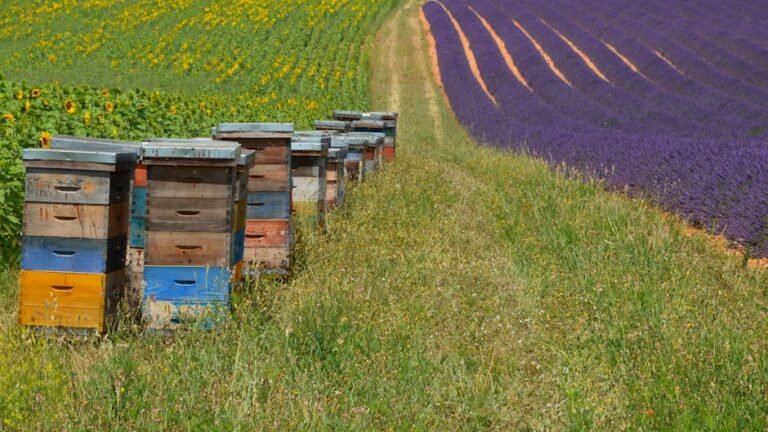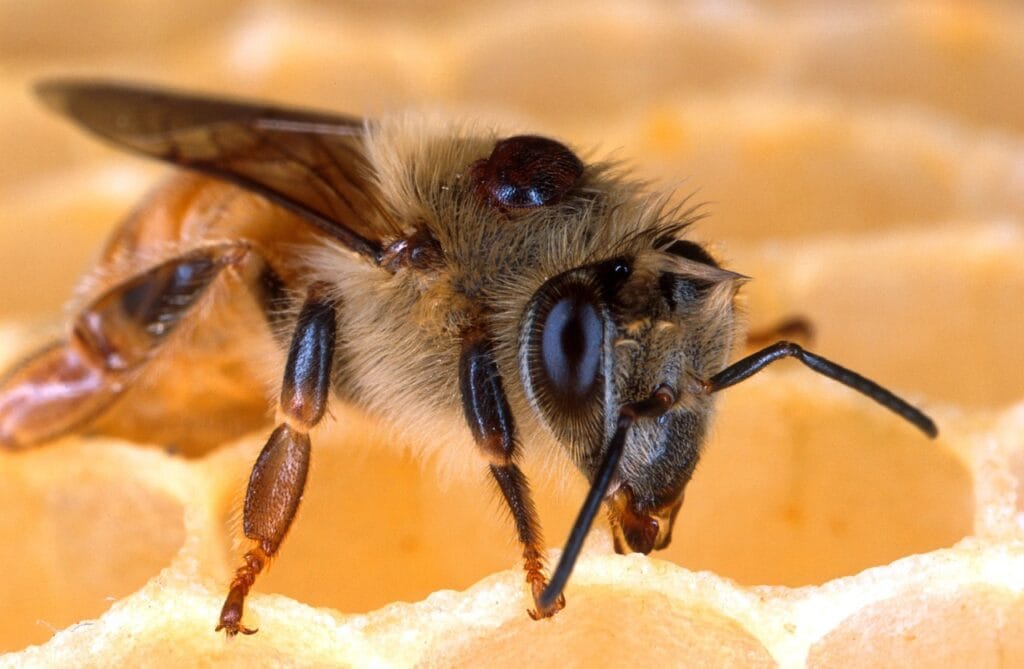Beekeeping offers several sustainable economic benefits for small-scale farmers, extending beyond direct profits from honey sales. These advantages contribute to farm income diversification, agricultural productivity, and community resilience.
Key Economic Advantages
1. Multiple Income Streams
- Honey and hive products such as beeswax, propolis, royal jelly, and pollen create diverse revenue sources.
- Value-added products like beeswax candles and skincare items expand market opportunities.
- Pollination services provide an additional income channel by enhancing crop yields for other farmers or leasing hives for pollination.
2. Improved Crop Yields and Quality
- Bees enhance pollination efficiency leading to higher quantity and quality of crops, which can significantly increase farmers’ profits.
- Better pollination also reduces food waste by extending shelf life, especially for fruits and vegetables, allowing farmers to access premium markets.
3. Reduced Risks and Increased Resilience
- Beekeeping diversifies income, reducing reliance on a single crop or market.
- Income from beekeeping can help farmers cope with shocks by providing additional financial resources for inputs, education, and consumption smoothing.
- Minimal land and water resources are required compared to other agricultural activities, making it accessible even on small plots.
4. Employment and Community Economic Development
- Beekeeping supports job creation in hive management, product processing, and sales.
- It fosters local economies by contributing to rural development and sustainable economic growth.
- Agritourism and educational workshops related to beekeeping can generate supplementary income streams.
5. Profitability and Sustainability
- Small-scale beekeepers often achieve profitability within a few years when applying best management practices.
- Long-term investment in good colony management increases hive productivity and survival, amplifying profit potential.
- The economic return is bolstered by both direct benefits from product sales and indirect benefits from improved agricultural productivity.
Economic Impact Summary Table
| Economic Advantage | Description | Long-Term Impact |
| Multiple Revenue Sources | Honey, beeswax, propolis, pollination fees | Diversified farm income and financial stability |
| Enhanced Crop Yields | Improved pollination leads to increased quantity and quality | Higher profits from crop sales |
| Risk Reduction | Income diversification and minimal resource requirements | Economic resilience in adverse conditions |
| Job Creation and Local Economy | Employment opportunities and rural development | Strengthened community economy |
| Profitability with Management | Higher revenue from improved colony health and output | Sustainable, financially viable beekeeping |
Conclusion
Beekeeping provides small-scale farmers with a cost-effective, sustainable way to boost income, improve crop productivity, and support rural economic growth. By diversifying incomes and enhancing agricultural outputs, it offers significant long-term economic advantages that make it a valuable complementary enterprise for small farms.
Farmers who adopt best practices and maintain healthy colonies are more likely to experience steady profits and contribute positively to their communities’ economic and environmental sustainability[1][2][3][4][5][6].
⁂
- https://www.mannlakeltd.com/blog/the-main-benefits-of-beekeeping/
- https://ozarmour.co/en-us/blogs/news/benefits-of-beekeeping
- https://academic.oup.com/jee/article/116/1/47/6827092
- https://pmc.ncbi.nlm.nih.gov/articles/PMC9136274/
- https://farmonaut.com/blogs/how-does-beekeeping-contribute-to-sustainable-agriculture
- https://www.beeculture.com/apr_sustainable-beekeeping/



